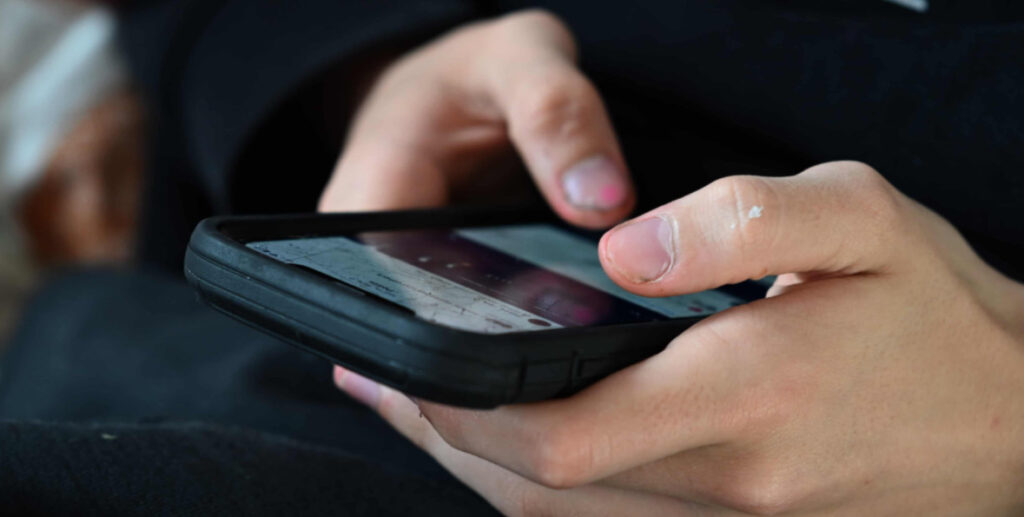Senior police leaders across Britain are calling for a government ban on social media use for children under 16, warning that the platforms are “fuelling and enabling” crime.
The move comes amid growing concern following the release of Netflix’s Adolescence, which has sparked widespread debate about online safety. Four of the country’s top police figures told The Times that tighter controls on social media are essential to protect public safety, national security and the mental health of young people.
Sarah Crew, Chief Constable of Avon and Somerset Police and National Police Chiefs’ Council lead for rape and serious sexual offences, said social media platforms are exposing children to exploitation and abuse. She compared the current situation to the “American West in the 1850s,” highlighting a lack of regulation and enforcement.
“Young people are by their nature vulnerable, and this gives those perpetrators who would want to do harm a really direct channel,” she warned.
Crew described the crisis as similar in scale to the Covid pandemic, calling for a united response from the state, society and the voluntary sector.
Maggie Blyth, Acting Chief Constable of Gloucestershire and the national police lead for violence against women and girls, also backed the ban. She described social media as “a significant threat not just to our children and young people but also to our society,” noting how violent behaviours, such as strangulation, are being normalised online.
Blyth pointed to Australia’s decision to ban social media for under-16s last year as an example the UK should follow, alongside improving education on digital risks.
Tim De Meyer, Chief Constable of Surrey Police, argued that social media is “fuelling and enabling crime” and insisted a ban for under-16s is a “no-brainer”. He stressed the need for far greater restrictions to tackle the growing threat.
Matt Jukes, the UK’s Head of Counter-Terrorism Policing, highlighted a sharp rise in youth involvement in terrorism, noting that 20% of terror-related arrests last year involved children.
Jukes said terrorist groups are exploiting social media to radicalise young people and that current laws, including the Online Safety Act, are “necessary but not sufficient” to offer true protection.
Neil Basu, a former assistant commissioner of the Metropolitan Police, strongly supported the proposed ban. He dismissed claims that violent imagery has no impact on behaviour, saying: “After 30 years of policing, I find that idea utterly facile. Banning under-16s from social media seems entirely reasonable to me.”
However, not all evidence points to a direct link. A United Nations study concluded there is “no clear evidence” that social media directly increases violent behaviour, suggesting violent radicalisation involves a complex mix of social, political, economic and psychological factors beyond just online exposure.
When asked about the proposal, Home Secretary Yvette Cooper said earlier this year that “nothing can be off the table” regarding child protection measures.
As pressure mounts on the government, the debate over restricting social media access for children looks set to intensify in the coming months.


